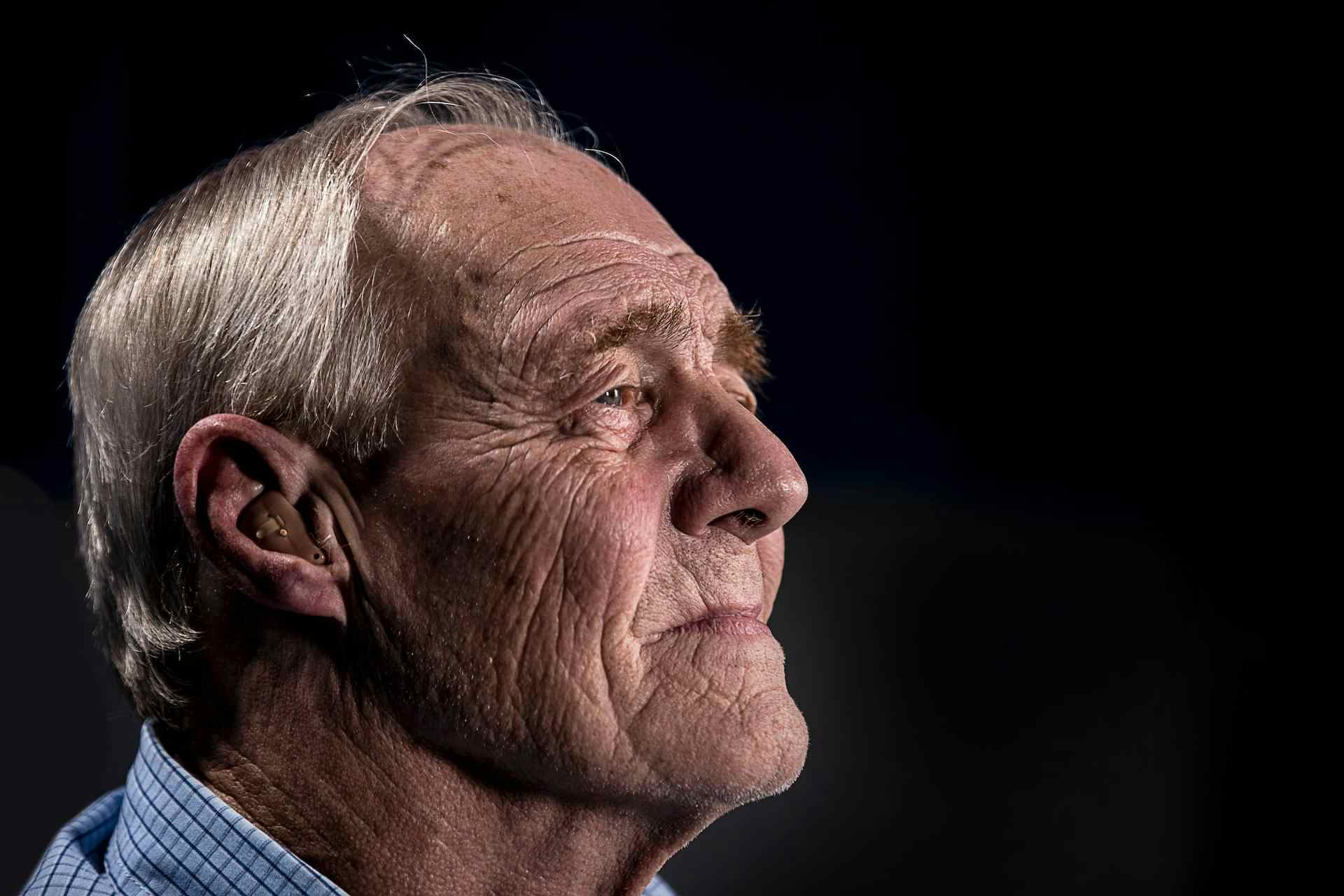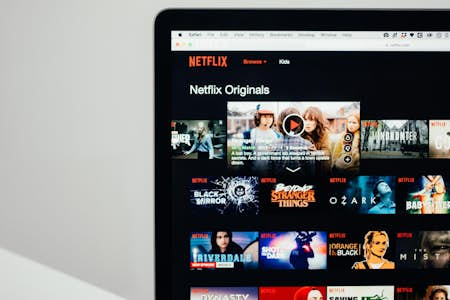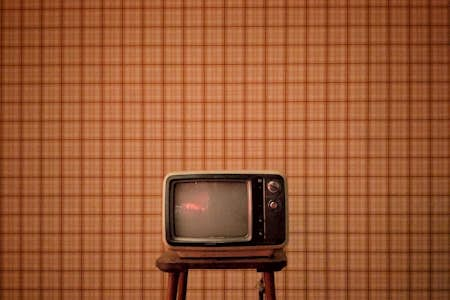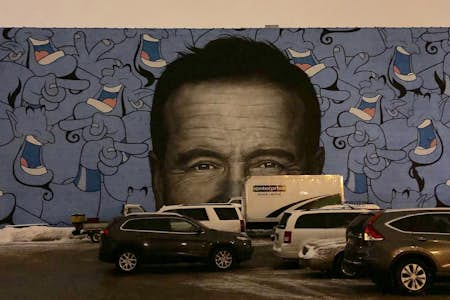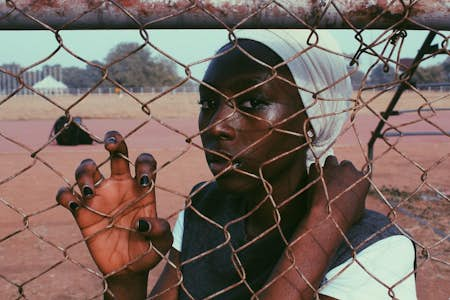Rating: ★★★★1/2
Released: 2020
Director: Florian Zeller
Starring: Anthony Hopkins, Olivia Colman, Imogen Poots, Rufus Sewell
The Father is an exceptional, painful film. Probably the best performance of Anthony Hopkins’ 61-year career, it is simultaneously captivating and horrific, and proof that simple stories told in new and innovative ways can be just as powerful as complex plots.
Stay up to date with all your favourite shows - and know what your kids and grandkids are talking about - by taking out a subscription to a leading streaming service. Click a provider below to get started.
Anthony Hopkins plays the eponymous father, a former engineer in his 80s who goes by the same name. Anthony lives alone in a flat in northwest London, visited regularly by his concerned middle-aged daughter, Anne (Olivia Colman). In a matter of minutes, we’re introduced to the film’s core narrative thread: Anne believes her father needs a carer. He does not agree.
But the first five or ten minutes are about as straightforward as the film gets. Anthony goes to sleep, wakes up, and encounters new people that he’s not quite sure he can remember in the film. The rooms change; the decorations, too. Time seems to pass. Or does it? Is this Anthony’s flat? Or does it belong to his daughter? Where’s his watch? Has someone stolen it? And where’s his other daughter?
A word of warning: for anybody close to someone who has suffered from dementia, this film will be an exceptionally devastating watch. It puts into perspective the unabated confusion and frustration derived from not recognising people, places, events. The narrative loops and ducks and weaves, going up, down, and sideways all at once. Watching the film from Anthony’s perspective, we become just as confused as he is, and that’s the point.
For a film based on a play and confined to the same handful of rooms and corridors, it is also by no means technically short. Its cinematography is ominous and subtle, and its score is the second from Ludovico Einaudi for 2020 Oscar-nominated pictures.
But the set design and staging really do take the cake. It’s the subtle touches like a kitchen being renovated overnight, and a stretch of pale paint where a picture used to hang, that drive home Anthony’s struggle to grasp a world that seems to shift and change when he’s not there. And it’s easy enough to imagine The Father as a West End play, with furniture and actors changing between acts, new and old faces blurring together to radiate confusion.
The film has also been celebrated by critics, with praise for Hopkins’ performance and Zeller’s directorial debut (he also wrote and directed the play, Le Pére, that it is based on). It picked up two Oscars from six nods: Best Adapted Screenplay and Best Actor. The latter was Hopkins’ second of two Academy Awards (the first was for his role as Hannibal Lecter in 1992’s Silence of the Lambs), rightfully awarded.
It’s also not unreasonable to suggest it could be his last. And while sometimes, in the past, the Academy have been accused of giving esteemed, ageing titans “lifetime” Oscars for acting where perhaps others deserved them more, I can say with every fibre of my being that this isn’t the case. Although Hopkins’ performance in The Father is an amazing way to reflect on the career of a cinematic giant, the accolades he has received for it are beyond deserved.
Make no mistake: this film is a landmark. It commemorates the career of one of the big screen’s most beloved actors, announces the arrival of one of cinema’s hottest directorial prospects, and challenges historic on-screen portrayals of one of the most haunting diseases in human existence. It deserves to be watched.
Ben Peyton from For Your Films Only agreed, telling Age Times: “The cruelty and heartbreak of dementia is showcased in a refreshingly unique and thoughtful way by filmmaker Florian Zeller. His script never patronises, rather it has a melancholic air of authenticity to it resulting in a hauntingly beautiful film that is hard to find fault in.”
Image Credit: JD Mason at Unsplash

